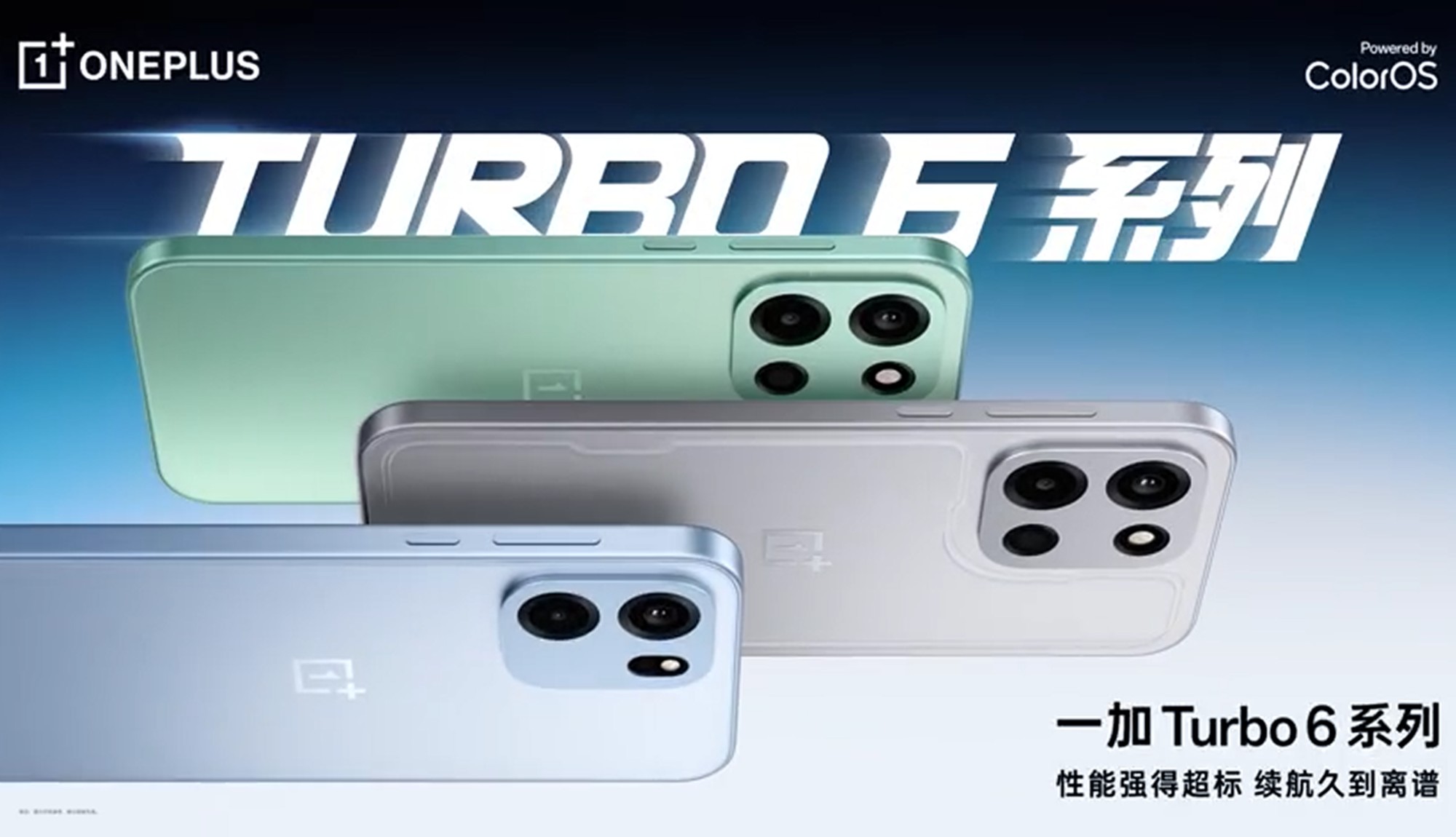Best phone carriers of 2025
We pick the best phone carriers based on data speeds, phone selection, monthly costs and more
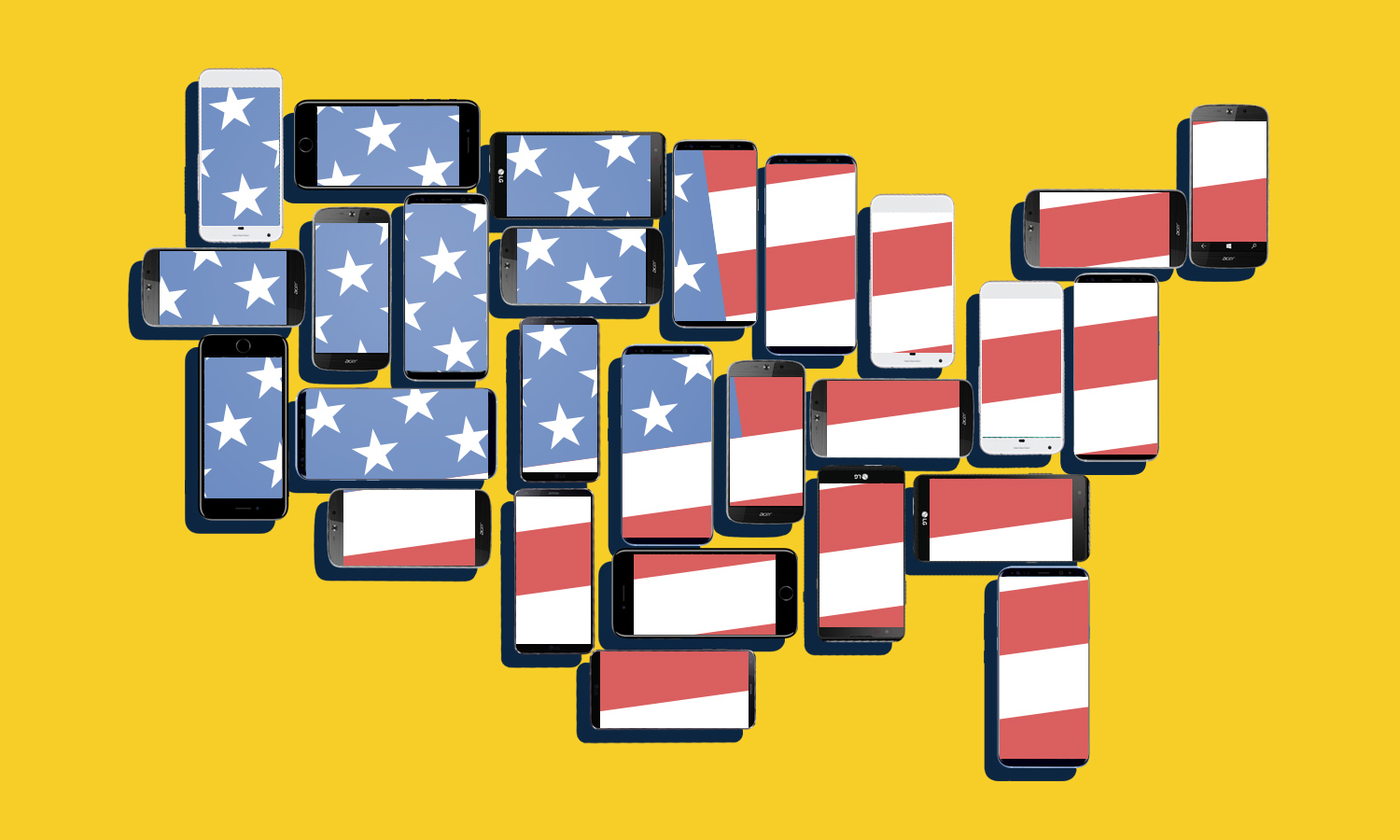
Whether you're looking for new wireless service to go with a phone you're buying for the holiday or you want a fresh start to the new year with a new provider, it helps to know who the best phone carriers are. And since I spend my time tracking phone plans and coverage for Tom's Guide, I can point you in the right direction.
I think T-Mobile is the best pick among phone carriers at the moment, thanks to an array of unlimited data plans that offer unbeatable perks plus extensive high-speed coverage across the U.S. In the event that T-Mobile's service is spotty where you live, though, Verizon is a great alternative. In fact, it's the wireless service I use, as I live and work in an area where Verizon's signal strength is particularly strong.
In either case, both carriers deliver reliable service at an affordable cost while responding quickly to questions about your bill or device. And that's what I look for when choosing the best phone carriers, both for my own needs and for what I recommend to others.
These rankings draw on my decade of experience tracking the best cell phone plans for Tom's Guide, so I know what each carrier charges for data and what changes they've recently made to their plans. Coverage in specific areas is harder to pin down, but I do look at how a carrier ranks overall, using third-party testing firms that rank the performance of different networks. Though 5G coverage is pretty well-established at this point, I take into consideration how carriers are working to improve both 5G speeds and reach.
All of those factors influence my picks below. And while T-Mobile and Verizon lead the charge, don't be afraid to look at MVNOs that rely on the towers of bigger providers for their service. Trying a smaller carrier like Visible or Mint is a great way to wind up with a lower monthly bill — and some very dependable wireless service to boot.
Best phone carriers: The quick list
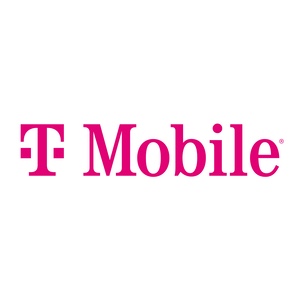
Best phone carrier
T-Mobile serves up the best 5G coverage of any carrier and augments that with perk-filled plans. Add in services like satellite connectivity, and the Uncarrier keeps ahead of the competition.
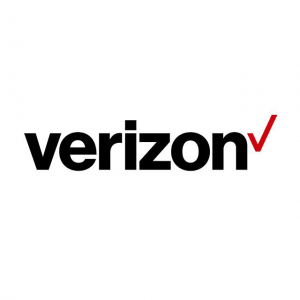
Best phone carrier overall
Verizon offers flexibility with mix-and-match plans for families along with perks you can add and drop at will. The carrier's coverage is extensive, with its 5G network growing in size and speed.
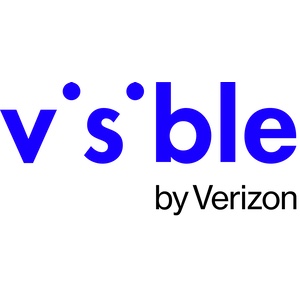
Cheap unlimited data
Visible's three plans deliver unlimited data at low monthly rates. Taxes and fees are included in the rate, as you enjoy the benefits and reach of Verizon's network through Visible.
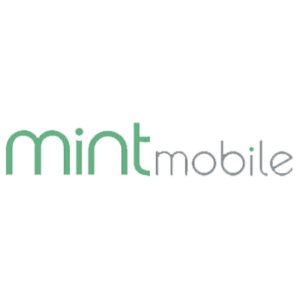
Best for bargain hunters
Mint rewards you if you're willing to pay for a year of its service ahead of time with low monthly rates across four plans. Coverage comes via T-Mobile's stellar network.
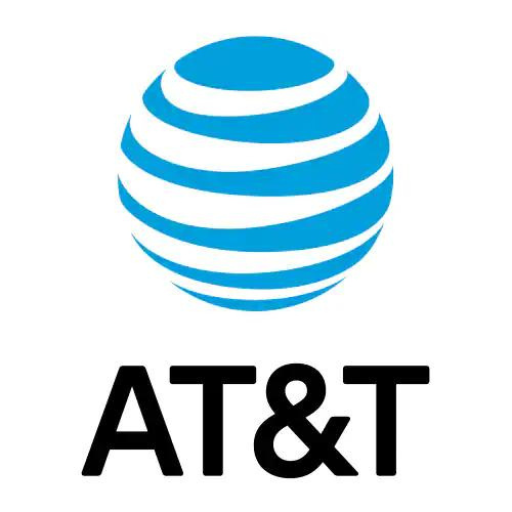
Good prepaid, unlimited options
AT&T can be an appealing carrier, with several standout unlimited data plans available at low monthly rates, especially if you pay for a full year of service in advance. 5G coverage is expanding, and overall speeds impress.
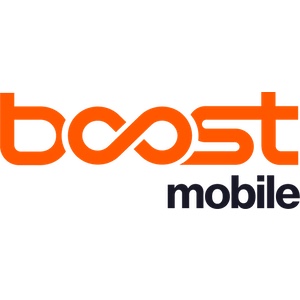
Unlimited data at a locked-in rate
Boost Mobile hopes to compete with bigger-name phone carriers by offering aggressively priced unlimited data plans and a lifetime price guarantee. Its own network delivered reliable service in our testing.

My name is Philip Michaels, and I'm the managing editor for mobile devices at Tom's Guide. In addition to overseeing our smartphone coverage, I'm also in charge of keeping track of phone carriers in the U.S. I've been writing about cell phone plans for a decade now, and I've overseen a couple rounds of cellular network testing for Tom's Guide. When the first U.S. 5G network went live in Chicago in 2019, I was there to test how well it worked. (It's gotten much better since then.) If there's a phone carrier, I probably have an opinion about it, no matter how obscure that carrier may seem.
Best phone carrier overall
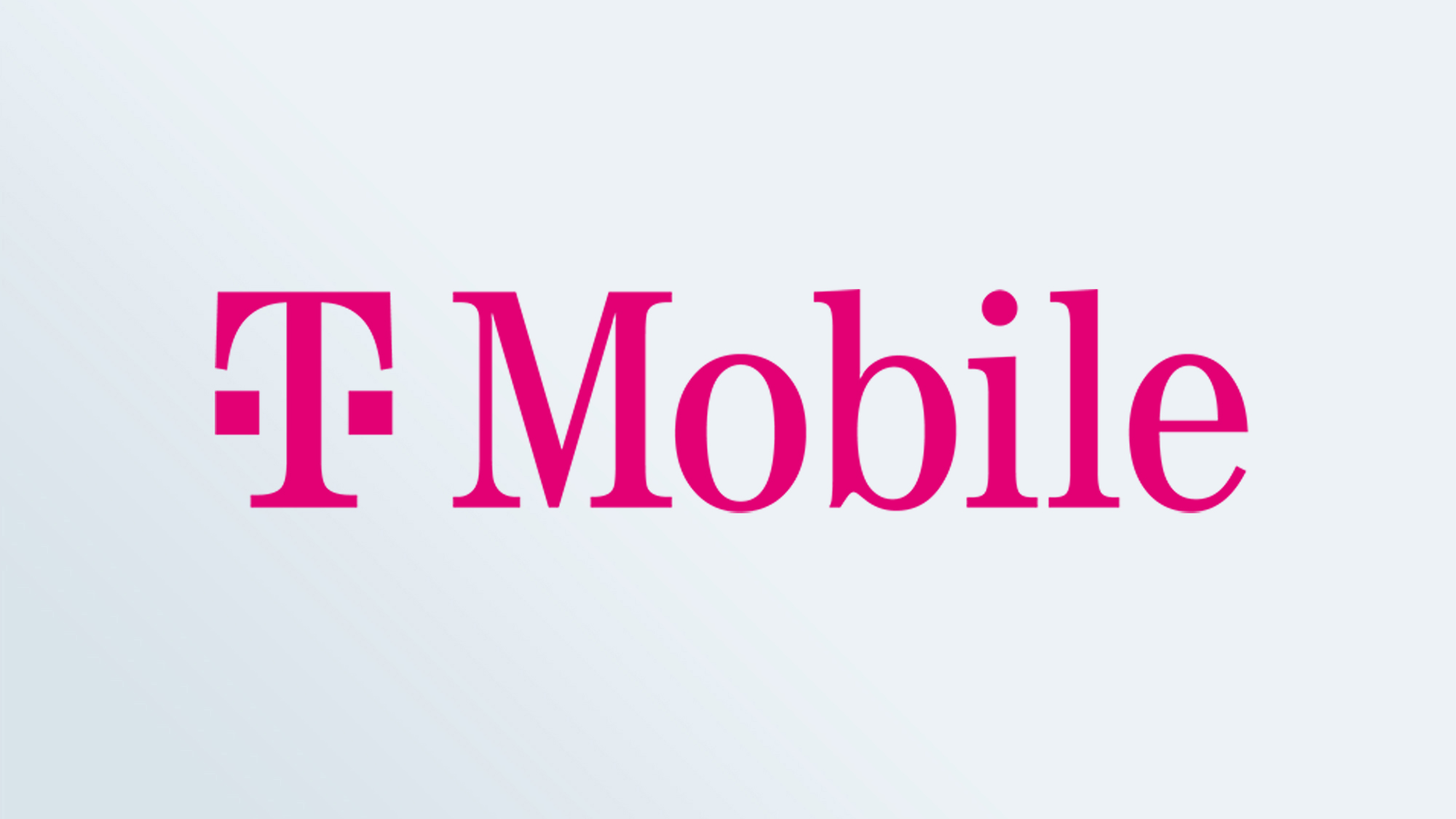

1. T-Mobile
Specifications
Reasons to buy
Reasons to avoid
There's more to being the best phone carrier than offering low-cost plans. For proof, look to T-Mobile, whose Experience More and Experience Beyond plans cost a little bit more than previous options but pile on perks that simply aren't available from rival carriers. T-Mobile also offers an extensive 5G network that has a greater reach than the competition.
Let's look a little closer at that Experience More plan. The $85 monthly rate for one line of data is $10 more than what the old Go5G plan used to cost, and both AT&T and Verizon offer less expensive alternatives. But Experience More also comes with perks such as 60GB of hotspot data, a free Netflix Standard subscription and 5GB of high-speed data travel when you travel in 215-plus countries. (Sadly, T-Mobile has dropped free Apple TV from its perks, though you can add the streaming service at a discounted monthly rate through the Uncarrier.) In contrast, comparable streaming and travel perks at Verizon require you to sign up for a series of $10 add-ons to your regular plan.
T-Mobile continues to offer discounts as you add more lines to your plan, making it a strong choice for families. An ongoing promotion waives the cost of a third line on the Experience More an Experience Beyond options, keeping your monthly costs lower than you might think.
T-Mobile does have a few low-cost options. A family of four pays a total of $100 per month for the bare-bones Essentials unlimited plan. And T-Mobile continues to offer T-Mobile Connect plans that start at $15/month for 5GB of data. (Use that data up before the billing cycle is over, though, and you've got to pay for additional coverage.) Anyone 55 years or old should take a long look at T-Mobile's specially-priced plans which I consider to be the best cell phone plans for seniors, even after AT&T loosened restrictions on its own plan that used to be limited to Florida residents.
I mentioned T-Mobile's network, which Ookla now recognizes as the best in the U.S. overall. The carrier also made a clean sweep of Opensignal's overall experience awards from June 2025 while posting top marks for 5G download speed and coverage. Rootmetrics ranks other carriers higher, but gives T-Mobile top marks for 5G availability.
Other efforts by T-Mobile put it over the top when it comes to ranking phone carriers. Its satellite service with Starlink is now available, offering connectivity when you're out of cellular range. The feature is included with an Experience Beyond plan; otherwise it's a $10/month add-on. Subscriber perks expanded to include a free DashPass membership.
If all that sounds attractive, T-Mobile says it's simplifying the process of switching carriers, promising that a switch can be completed in as little as 15 minutes. It's that kind of innovation that keeps T-Mobile ahead of its competitors, even if the difference in rates isn't as big as it once was.
Best alternative choice
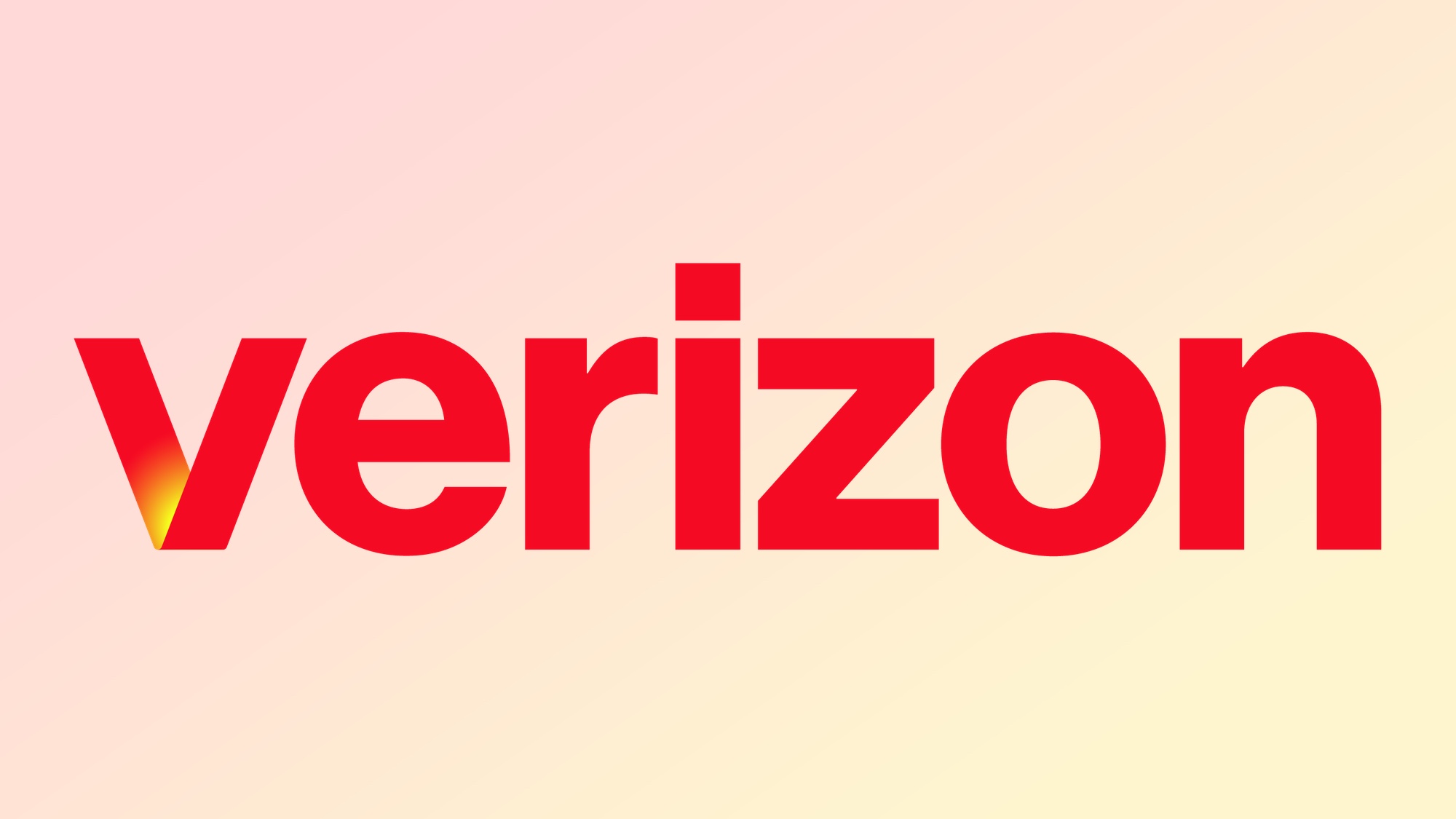
2. Verizon
Specifications
Reasons to buy
Reasons to avoid
Verizon may fall behind T-Mobile in our rankings, but that's no reason to dismiss Big Red as an option for your phone service. Verizon continues to offer flexible unlimited plans and a 5G network that's rising rapidly in the rankings.
Focusing on the latter, Verizon offers faster Ultra Wideband 5G coverage to around 280 million people. In its report covering network performance for the first half of 2025, Rootmetrics cited the speed and reliability of Verizon's 5G network, saying it offered the best 5G of any carrier.
Verizon's plans have been on the pricey end traditionally, though changes at T-Mobile have made the cost of plans at either carrier more comparable. Verizon plans start at $65/month for an Unlimited Welcome option that offers nationwide 5G coverage and little else.
For $80/month, you get faster Ultra Wideband 5G coverage plus 30GB of hotspot data with the Unlimited Plus plan. There's also the Unlimited Ultimate plan ($90/month) which doubles hotspot data to 60GB and adds high-speed data when you travel to other countries.
Once you have a plan in place, you can pick add-ons — get Disney's streaming bundle or three days of TravelPass benefits for overseas trips, all for $10/month per bundle. (Verizon's Disney bundle — which I pay for with my Verizon plan — is around half of what I'd have to pay for that package outside of my Verizon service.)
Verizon offers a dozen different add-ons in total, so those extras can add up quickly. Fortunately, you're able to add and drop them as needed on a monthly basis. For example, other than the Disney bundle, I don't have any add-ons linked to my personal Verizon plan, though the next time I head to Europe, I would activate the TravelPass add-on ahead of time to reap the travel benefits from that addition.
Verizon's prepaid offerings are tops among the major carriers, with an autopay discount dropping the cost of the carrier's 15GB prepaid plan to $35 a month — enough data for most people. Prepaid plans with unlimited data start at $50. You can now add multiple prepaid lines and even get discounts on unlimited data plans.
Verizon also makes it easier to experience 5G by accepting any phone you trade-in — even broken ones — to reduce the cost of upgrading to a 5G phone. The carrier has moved to 36-month agreements, increasing how long you need to tie yourself to Verizon if you buy your phone in installments or get some of the best Verizon phone deals.
Verizon has fared well when we've tested customer service for phone carriers, and I have no complaints about the times I've interacted with the company over the phone. You'll find an extensive selection of phones, including Ultra Wideband versions of some phones designed specifically for Verizon's network.
If you don't mind paying a little more on your monthly bill, Verizon provides the performance and service to rank as the best phone carrier overall.
Best phone carrier for low-cost unlimited data
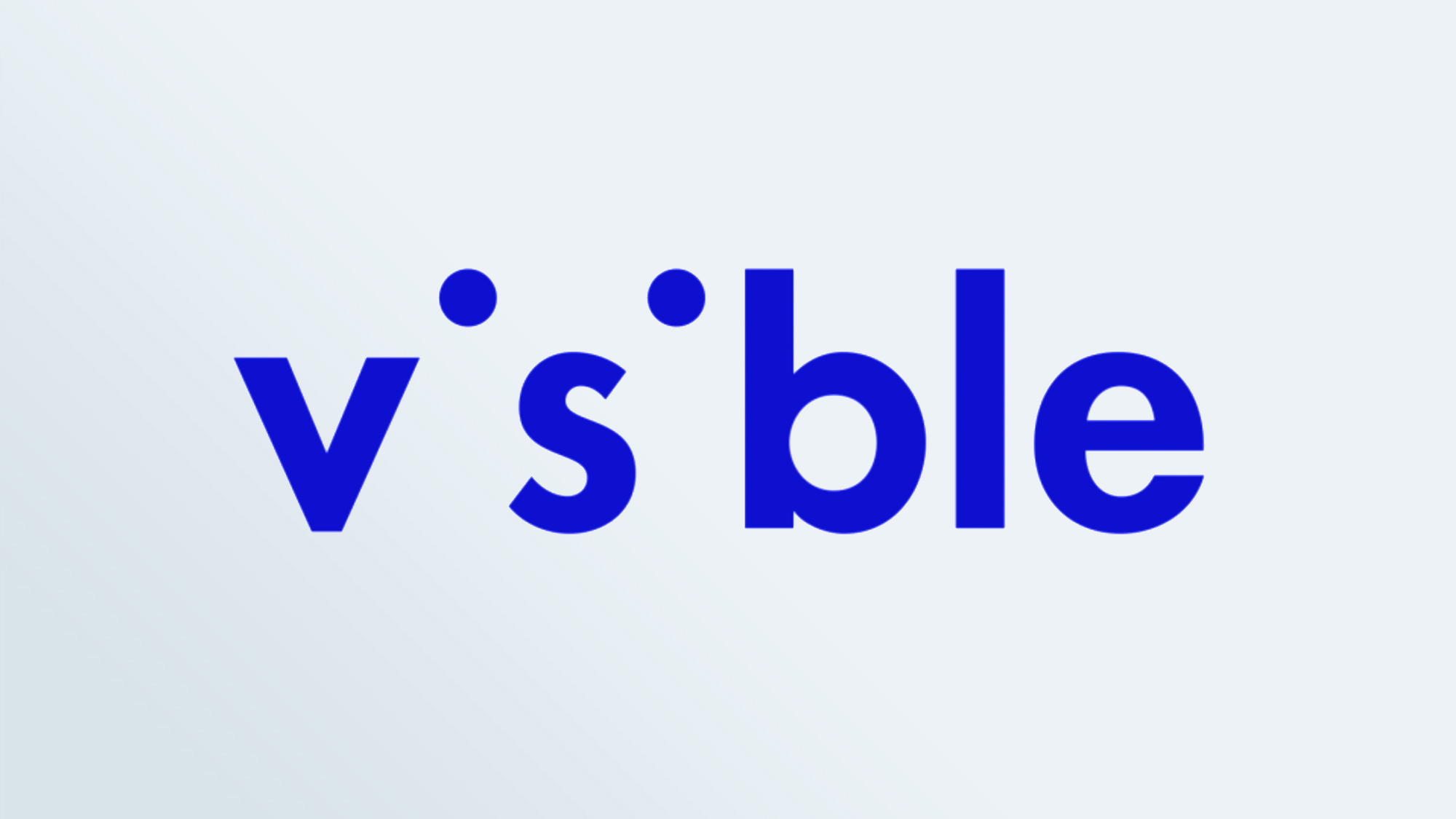
3. Visible
Specifications
Reasons to buy
Reasons to avoid
Unlimited data is cheaper than ever at Visible, a Verizon-owned discount carrier. The entry-level Visible plan starts at $25 per month, with taxes and fees included. It's a bare-bones offering, but you have two other options that also deliver better perks to go with all that data.
I think the Visible Plus plan is the best choice for most people at Visible, and the $35/month rate is $10 cheaper than it used to be. Visible Plus subscribers get 50GB of premium data before they see any slowdowns. 5G coverage is on Verizon's faster Ultra Wideband service.
The lower Visible Plus plan price means that some of its perks move over to the Visible Plus Pro offering, which costs $45/month. That plan includes the faster 5G speeds, plus international calling and texting. You also get two Global Pass days per month with Visible Plus Pro that cover data usage when you're overseas; Visible Plus has a single Global Pass each month.
Visible has resumed discounts for when you add multiple lines to an account, though it's just a $5 discount on Visible Plus and Visible Plus Pro plans. The nice thing about Visible's approach is that anyone in the group can handle their own payments, making it ideal for roommates, friend groups and others looking to save on their monthly wireless plan. Visible offers annual pricing, too, with discounts compared to month-to-month plans, if you don't need that flexibility.
Visible routinely offers discounts where new customers can lock in lower rates for a year when they sign up for service. A current promo running through January 5 takes $6, $9 or $12 off the Visible, Plus and Pro plans, respectively, when you sign up with the 'SWITCH26' code. Better still, that reduced rate stays in place for the next 26 months.
Visible sells phones — iPhones as well as Android devices — or you can bring your own handset to the carrier. If you've got a Samsung Galaxy or Google Pixel phone that supports eSIM, you can try out Visible for free for 15 days — a perk that iPhone users have long enjoyed.
I've used Visible's service in the past and found it pretty comparable to my experience as a Verizon customer in terms of network performance; my colleague John Velasco currently uses Visible and has high praise for its service. The company has an online-only approach to customer service, which worked well enough for me at the time, though I have heard from some customers who found support wanting.
Best way to save
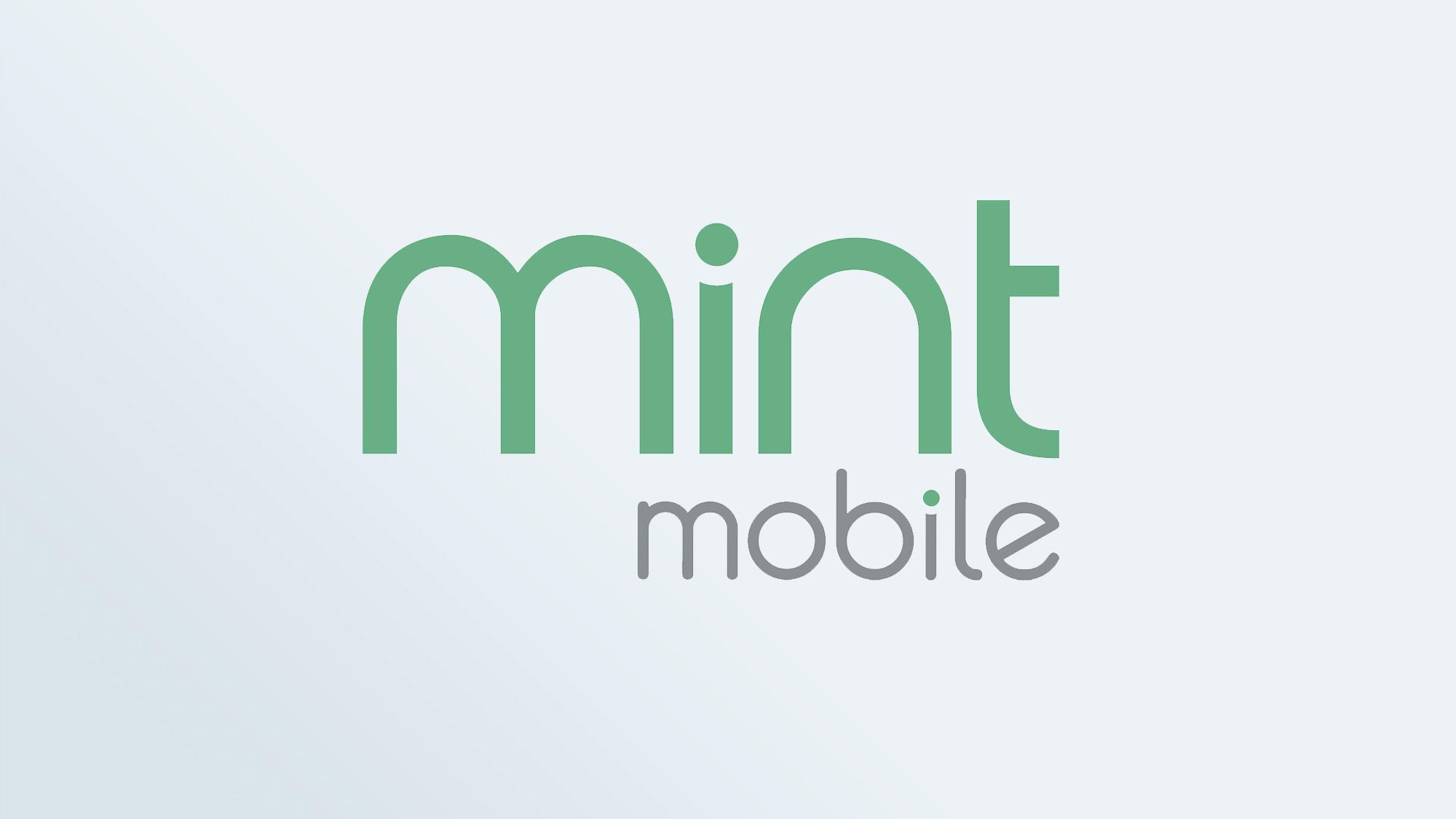
4. Mint Mobile
Specifications
Reasons to buy
Reasons to avoid
Mint Mobile offers some of the lowest rates around, provided you're willing to pay for coverage up front. Mint has a three-month introductory rate for each of its plans — $15/month in the case of the 5GB option, all the way up to $30 for its unlimited data plan. Switch to Mint, and you'll pay for your first three months at that low rate.
At the end of that trial period, you've got a decision to make. If you want Mint's lowest monthly rate, you need to prepay for a full year of service. In the case of the 5GB plan, that's $180 for the lowest rate. The best rate on the unlimited data plan at Mint is $30/month, so you'd pay $360 if you opt for that plan. We've got a look at the pros and cons of paying for a year of cellular service in advance.
Like Visible, Mint runs frequent promotions that knock the cost down on already low rates. A current promotion reduces the three-month introductory price to $15/month (or $45 total) on every plan; anyone willing to pay for a full year of unlimited data can get half off the usual rate at the moment as well.
Mint offers family plans, though without the escalating discounts you get as you add more lines. (Parent company T-Mobile does this, for example.) Instead, every plan on the plan is subject to Mint's discounted rate for prepaying for service in advance. You're able to mix and match different plans for each line of data you have — something T-Mobile doesn't offer its family plan customers.
Mint's betting that you'll want to stick with its service, not just for the lower monthly cost, but also because Mint wireless coverage is available via T-Mobile's network. So you should expect fast performance if T-Mobile's coverage is strong in your area. I'm currently in the process of testing Mint, and I've found the service to be both speedy and reliable, even compared to bigger-name carriers.
Mint sells both iPhones and Android handsets, at a wide range of prices. You can also bring your current phone to Mint if you prefer.
Best range of plans
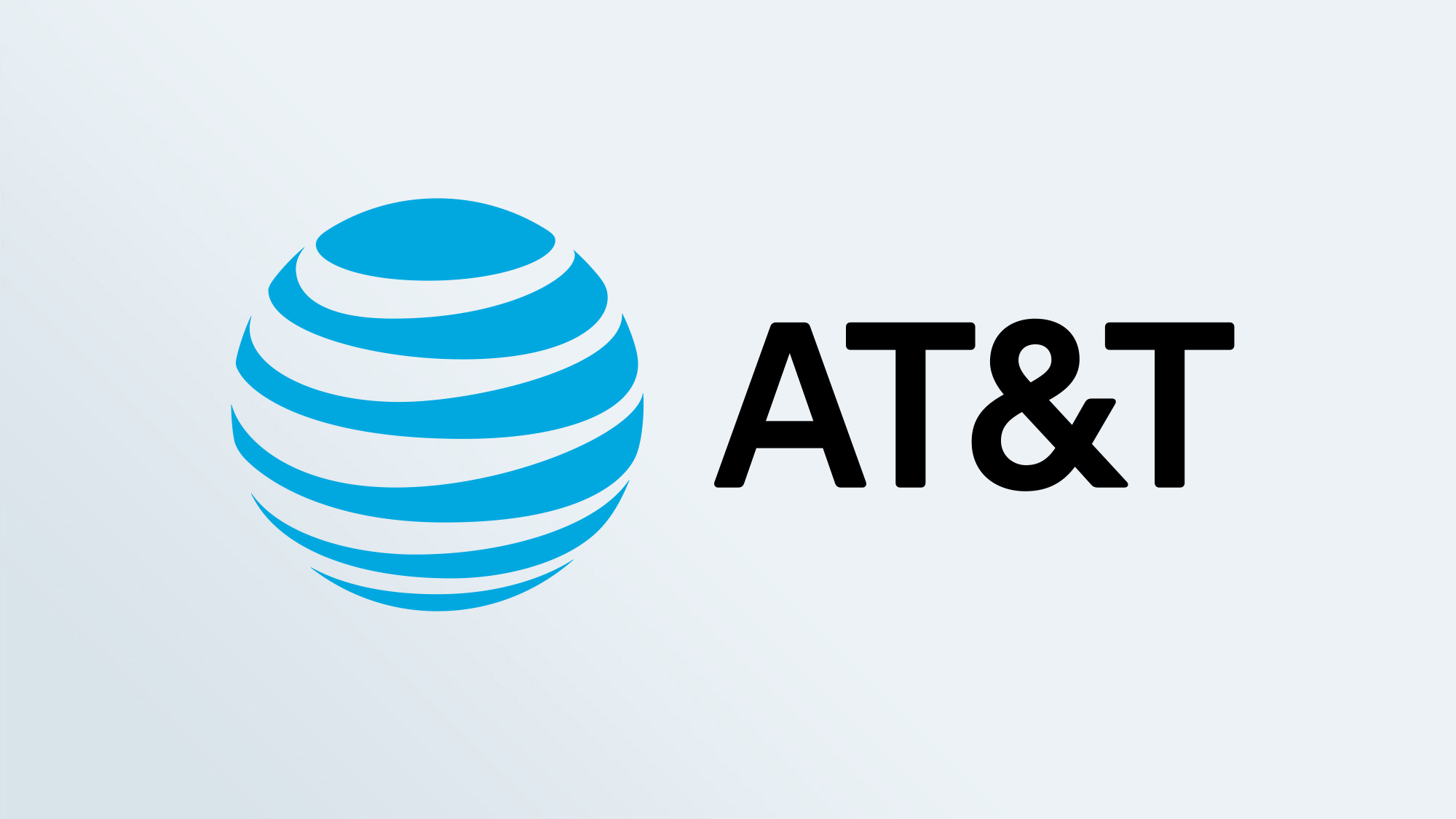
5. AT&T
Specifications
Reasons to buy
Reasons to avoid
AT&T may be one of the Big Three carriers, but it's somewhat easy to overlook this wireless provider, given the size of Verizon's network and the headline-grabbing announcements that come out of T-Mobile. Dig beneath the surface, though, and there's a lot more to AT&T than meets the eye.
Take AT&T's plans, which seem somewhat pricey if you focus on the $86/month Unlimited Premium option. That particular plan has no cap on data consumption, and you can use talk, text and data for free when traveling in 20 Latin American countries. The $76/month Unlimited Extra and $66/month Unlimited Starter plan round out the main offerings, with fewer perks than what Premium users enjoy.
I think the best family cell phone plan at present is AT&T's Unlimited Extra offering, which costs $164/month for four lines. That breaks down to $41/line, which is just a little less than what you'd pay for four lines of Experience More at T-Mobile — and that's with T-Mobile's promotion that waives the cost of a third line of data.
If you just need one line of data, it's hard to beat the $51/month Value Plus plan. It's free of perks beyond 5G access and the ability to use your plan in Mexico and Canada, but you get unlimited data and 5G coverage for much less than AT&T's other offerings. (Previously, you couldn't add multiple lines of Value Plus at a discount, but now AT&T's website indicates that discounts apply once you add a third line of data.)
AT&T also has some pretty attractive prepaid options, including a deal that gives you unlimited data, with a sizable 16GB cap until your speeds are slowed. To get this plan, you have to pay $240 upfront, but that works out to a rate of $20/month — lower than what Mint and Visible both charge. If the big upfront payment puts you off, there's also a $30/month prepaid unlimited plan at AT&T with an even larger 30GB cap on high speed data.
It should be said that AT&T typically fares well in performance testing, with Rootmetrics giving it the nod for the best overall network performance in the first half of year. In addition to low-band 5G spectrum covering 316 million people, 285 million people have access to AT&T's faster 5G+ coverage.
Best guaranteed rates on unlimited data
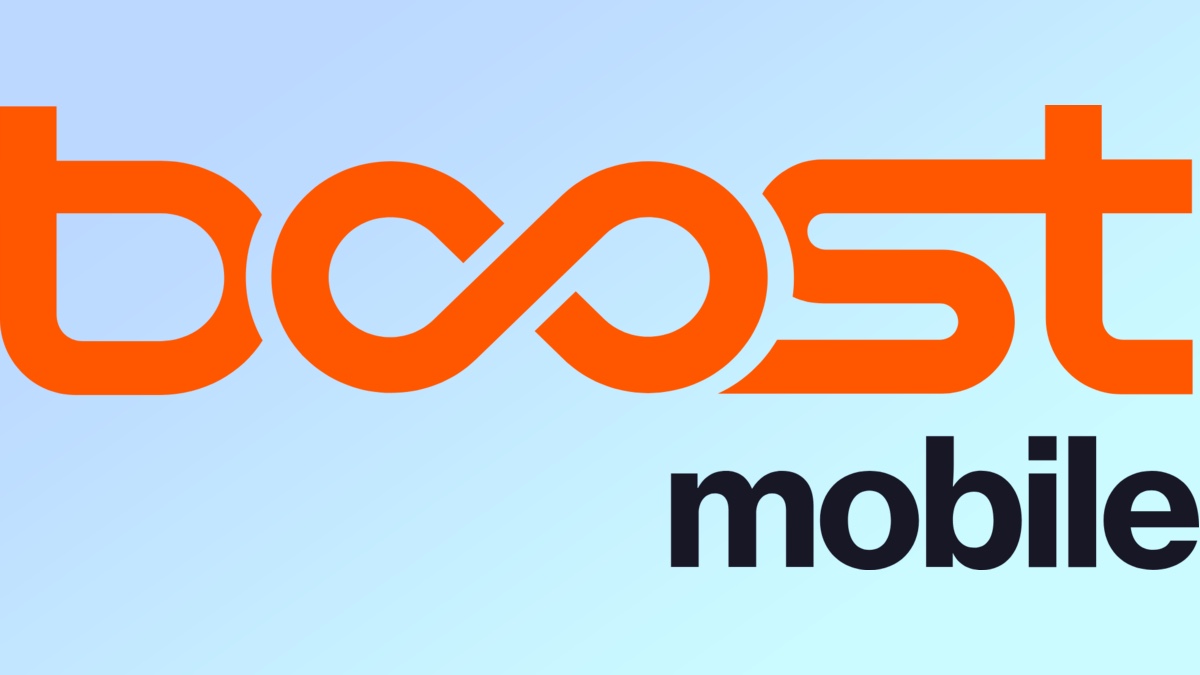
6. Boost Mobile
Specifications
Reasons to buy
Reasons to avoid
Boost wants you to think of it as another nationwide carrier that serve as an alternative to AT&T, T-Mobile and Verizon. And it just might have a point, as the carrier operates its own wireless network and has pushed out some aggressively priced plans to win over new customers.
The most traditional plan at Boost is the $65 Infinite Access offering that delivers unlimited data, with 30GB of that data served up at high speeds. As part of Infinite Access, you get a phone — either an iPhone 17 or your choice of a Galaxy S25 or Galaxy Z foldable — with the ability to upgrade your device annually. That plan will cost you $65/month — about what you'd pay for the cheapest plans at one of the big-name carriers.
Personally, I prefer Boost's discount offerings, highlighted by the carrier's $25/month unlimited plan, which also comes with a 30GB cap on high speed data. Perks are minimal here, but Boost will guarantee that rate stays locked in at $25 for as long as you remain a customer. A current promotion lowers the rate to $10/month for the two three months of service.
Boost has two other unlimited plans with $50 and $60 monthly rates that offer better perks like a higher cap on high-speed data, hotspot data and taxes and fees included in the monthly rate.
As for the Boost network, the carrier mostly relies on its own towers, using coverage from AT&T and T-Mobile to extend its reach to 99% of the U.S. My colleague John Velasco tested Boost's service and found data speeds to be reliable and fast — faster than Visible in the places where he tested. John also found setting up a Boost account to be a breeze, and like me, he finds that $25 lifetime rate on unlimited data to be a big selling point.
Best phone carrier plans compared
Here's a look at the best cell phone plans from each of our best phone carrier recommendations. Remember, we're looking at more than just the cost of the plans when we assess our carrier picks, which is why T-Mobile — our top new choice — heads this list with a more expensive unlimited option than comparable plans at Verizon and AT&T.
Carrier | Data amount | Monthly cost, one line of data |
T-Mobile | Unlimited | $85 |
Verizon | Unlimited | $80 |
Visible | Unlimited | $35 |
Mint | 5GB | $15 (after $180 annual payment) |
AT&T | Unlimited | $20 (after $240 annual payment) |
Boost Mobile | Unlimited | $25 |
It's no surprise that Visible and Mint have the cheapest plans on our list, since they are discount carriers who emphasize low-cost service over any perks. While Mint's monthly cost is low, keep in mind that you need to pay for a full year of service up front to get the carrier's best rate. That's also required for the specific AT&T plan we've highlighted here.
Boost Mobile matches the lowest rate at Visible with its $25 unlimited plan, though there aren't many perks with that offering, other than its lifetime price guarantee. Other options at Boost deliver more perks but at higher rates that are more comparable to what you'd pay at AT&T, T-Mobile or Verizon.
T-Mobile's Experience More plan now costs more than the Unlimited Plus option at Verizon, but it comes with more perks baked into the monthly rate. With Verizon, you pick your own perks through monthly ad-ons that cost extra.
Other phone carrier options
We consider many different options when looking for the best phone carriers, and while we're restricting our picks to a half-dozen recommendations, we have come across several other wireless providers in our research who may pique your interest. The following carriers may not be the best choice for everyone, but they do have some appeal to select groups of wireless users who may want to consider options beyond what we've outlined above.
Consumer Cellular
Why you can trust Tom's Guide
Seniors have embraced consumer cellular, and it's easy to understand why. The carrier's plans are straight-forward, and AARP members can count on a 5% discount on their monthly rate. We think Consumer Cellular's most attractive plan is the 10GB option, which costs $35 for a single line, but you can find plans ranging from 1Gb ($20/month) all the way up to unlimited data. Seniors 50 and older pay a discounted $40 monthly rate for unlimited data; for everyone else, that plan costs $60.
The carrier uses both AT&T and T-Mobile for its coverage, so it's likely you'll get good network performance no matter where you are. Consumer Cellular does take some criticism for customer service, but it's generally regarded as any easy service for managing your plan and keeping your cell phone costs low.
Cricket Wireless
Owned by AT&T, Cricket provides a way to benefit from that carrier's network reach without having to pay as much for a monthly plan. As with any MVNO, your data speed with Cricket can slow down if AT&T's network gets congested, but Cricket has long since done away with speed caps on its plans, which make it a far more attractive option than it was a few years ago.
Cricket plans start at $30/month for 10GB of data, with per-line discounts on other plans as you add more lines. Our favorite Cricket option is the carrier's $55/month unlimited plan — it's $60 without an autopay discount — as it delivers the kind of perks (15GB of hotspot data and a free subscription to the ad-supported tier of the Max streaming service) you don't normally see from prepaid carriers. If you want a cheaper unlimited plan at Cricket, you've got $45 and $35 monthly options that scale back on perks.
Google Fi
There are two reasons to turn to Google Fi, the wireless service offered by Google that uses T-Mobile's towers to deliver coverage. If you've got a Pixel — one of the latest Pixel 10 flagships, say, or you're picking up a cheaper Pixel 9a — those phones are optimized to run more efficiently on Google Fi. (That said, any device is compatible with Google's wireless service, including iPhones.)
The other appeal to Google Fi involves travel. If you head overseas a fair better, it's easy to use your Google Fi data plan just like you would at home. Either the $65 Unlimited Plus plan or Google Fi's By the Gig option ($20 for talk and text, plus $10 for each gigabyte of data you use) works in 200-plus countries at no additional charge. Other Google Fi plans — a $50 Unlimited Standard option and a stripped down $35 Unlimited Essentials offering — don't include this benefit, so choose your plan accordingly.
See Google Fi plans
Xfinity Mobile
Recent studies indicate that more people are turning to cable companies for their phone coverage. And looking at Comcast's Xfinity brand, it's easy to see the appeal of Xfinity Mobile. Unlimited plans start at $40/month — more than what Visible and Mint charge — but you can add more lines for $20 each. That means a family of four pays $100 total, or $25 per line. Current promotions at Xfinity offer discounts on the initial line of service for customers with a qualifying internet plan via Comcast.
Xfinity relies on Verizon's network for its coverage, including 5G, with Xfinity mobile hotspots augmenting those cellular towers. Xfinity sells a mix of current flagships, and lets your bring your own device to its service if you prefer.
Twigby Mobile
I had the opportunity to try out Twigby Mobile's low-cost service, which is available on Verizon's network, and I found the data speeds and call quality to be comparable to my usual coverage from Verizon. That's significant, as Twigby's plans cost a fraction of what Verizon charges.
You'll pay $35/month for unlimited services at Twigby. (And that's after a discounted rate for your first three months of service.) That's around half of what Verizon charges, though Twigby's rate is more in line with what other discount carriers offer. You'll find tiered data plans at Twigby, ranging from 2GB to 10GB.
In my Twigby Mobile review, I found the plans offer few perks and not everyone will be comfortable with the carrier's online-only approach to customer support. But service is cheap and reliable, and you're able to bring your own phone, making Twigby a compelling budget option.
What to look for when choosing a phone carrier
The first thing to consider when determining the best phone carrier for your needs is to figure out who has the best coverage in your area. Concentrate on the places where you spend a lot of time and need cell phone service, such as your home, office and frequent hangouts. Our network performance testing looks at download speeds in select cities, and third-party testing can give you an idea of how networks perform on average. But to truly get a picture of local network coverage, you'll need to ask friends and family about their experience.
If you're comfortable looking beyond one of the major cell phone providers, you can always try a discount carrier. These MVNOs turn to the larger networks to provide cellular service, so be sure to find out which network a discount carrier uses to make sure it's one that provides good service to where you live and work.
Once you've figured out which phone carriers offer the best coverage in your areas, look at plans and pricing. You'll need to figure out how much data you need — whether an unlimited plan is required or if you can opt for a cheaper plan with tiered data. We've analyzed the best cell phone plans overall to help you find one that fits your needs.
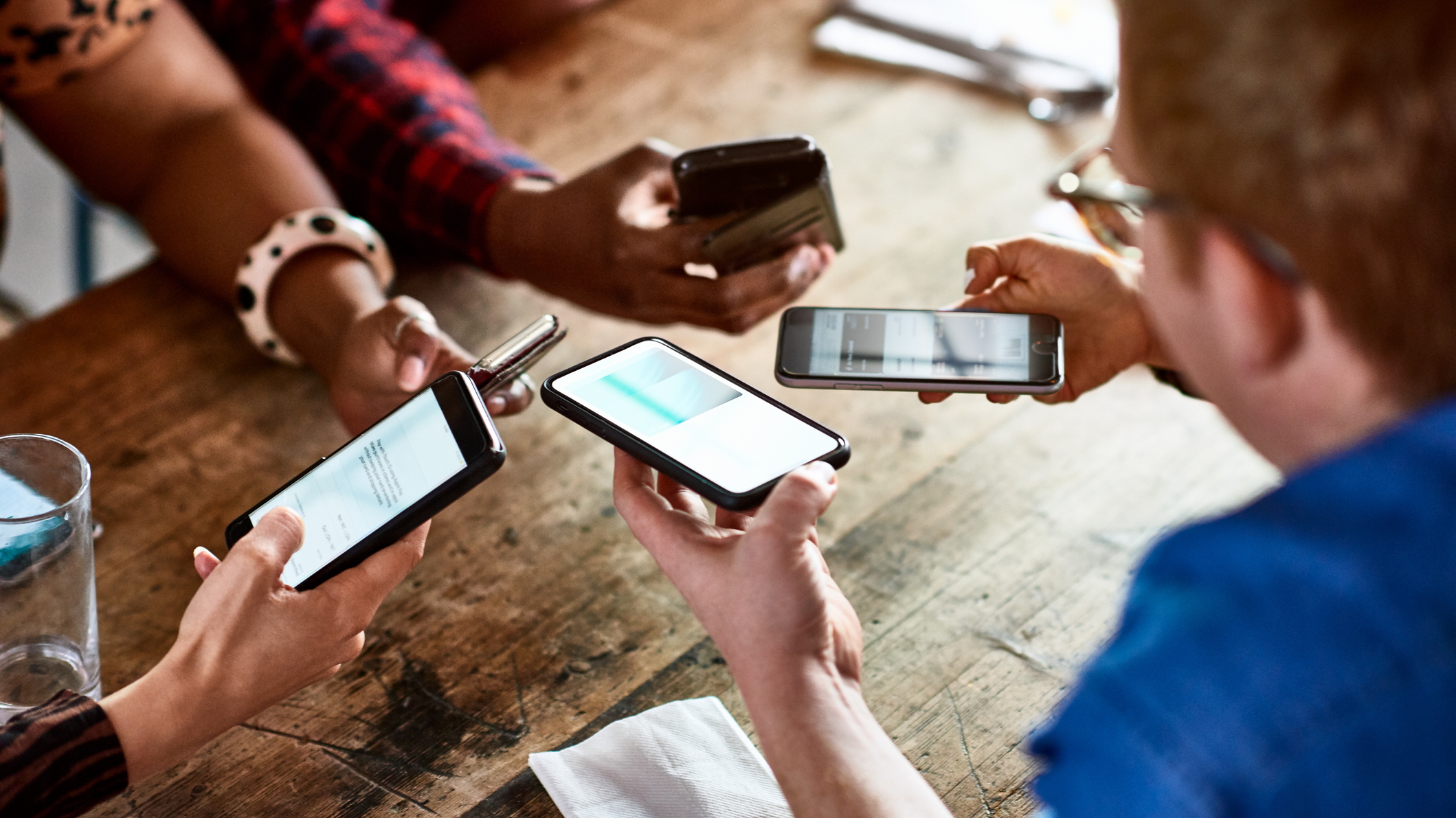
One other thing to consider when picking carriers is perks that come included with a monthly streaming service subscription. You'll find more of these with larger carriers, while discount carriers and prepaid cellular service tends to skimp on the extras. Besides streaming services, Popular perks include high-speed hotspot data and the ability to use your plan while traveling overseas.
How we test phone carriers
We've previously tested network performance by heading out to eight US cities and running Ookla's Speedtest app to measure download speeds. For real-world testing, we download a sizable app off of Google Play and time how fast it takes to get the app on a smartphone. The coronavirus pandemic impacted our ability to travel in recent years, so we've placed a great weight on network performance reports from third-party firms including RootMetrics, Opensignal and Ookla.
Below, you'll see a round-up of the most recent data from each third-party testing firm, with the median download speed recorded for each of the three major carriers. (MVNO customers can expect speeds similar to that of their parent network, with the caveat that an MVNO's speeds might be slowed down if a network is congested.)
| Row 0 - Cell 0 | Ookla (5G + LTE) | Opensignal (5G) | RootMetrics (5G + LTE) |
AT&T | 129.3 Mbps | 167.8 Mbps | 168.7 Mbps |
T-Mobile | 274.4 Mbps | 252.4 Mbps | 371.4 Mbps |
Verizon | 133.9 Mpbs | 169.5Mbps | 192.1 Mbps |
Period tested | 2Q, 2025 | June 2025 | 1H, 2025 |
We continuously review cell phone plans to compare how much data each carrier offers and how unlimited plans vary at each provider. We also look at the best prepaid phone plans, including extras you have to give up for the lower price to evaluate whether those are good deals or not.
We've done customer support testing in the past where we contact carriers incognito to ask them questions both about their service as well as phones they offer. We conduct this undercover testing both over the phone and through social media support accounts on Twitter and Facebook.
Finally, we make a note of the different perks that are available through each carrier, whether it's plan add-ons like streaming services and hotspot data, regular giveaways or the ability to use data when traveling in other countries.
FAQs
Which phone carrier has the best coverage?
T-Mobile has the best 5G coverage, allowing 332 million people nationwide access to the brand's fastest network. Of course, coverage varies regionally, so it's always best to use T-Mobile's coverage map to check all the places you need network access are available before you take out a plan.
How to change your phone carrier
If you want to change your phone carrier to reduce the cost, add exclusive extras or improve your coverage, all you need to do is inform your current provider, settle your account and open a plan with your new provider.
If you want to keep your number, then you'll need to inform your new provider when you sign up, and they will initiate the transfer for you. And if you got your current smartphone as part of your existing plan and want to keep it, you'll need to make sure it's unlocked and available to use on any network.
Most phone providers have a compatibility tool on their website where you can enter your phone's IMEI number and get information on whether you'll be able to use your current device on your new plan.
Can you unlock a phone to any network for free?
Yes, the FCC requires most carriers to offer phone unlocking for free. You need to have paid for the phone in full (so not have any ongoing payment plans in place), your account must be in good standing (no debts or late payments) and the phone can't be listed as lost or stolen. Otherwise, all you need to do is contact your carrier and ask them to unlock the phone so you can use it with any network.
Get instant access to breaking news, the hottest reviews, great deals and helpful tips.
Philip Michaels is a Managing Editor at Tom's Guide. He's been covering personal technology since 1999 and was in the building when Steve Jobs showed off the iPhone for the first time. He's been evaluating smartphones since that first iPhone debuted in 2007, and he's been following phone carriers and smartphone plans since 2015. He has strong opinions about Apple, the Oakland Athletics, old movies and proper butchery techniques. Follow him at @PhilipMichaels.

